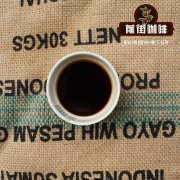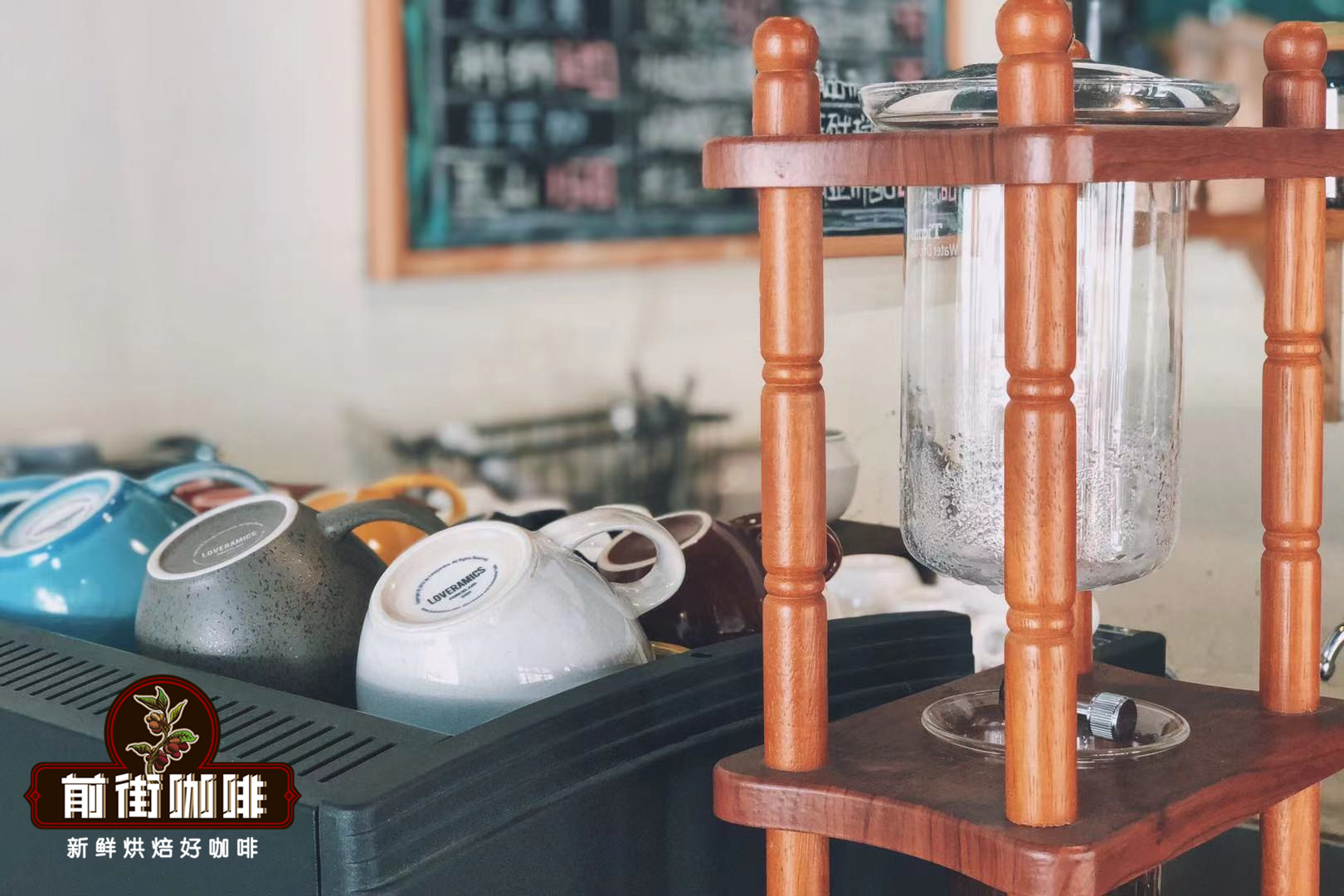Is instant coffee an extract of coffee beans? Are instant coffee beans roasted?

Professional coffee knowledge exchange more coffee bean information please follow the coffee workshop (Wechat official account cafe_style)
Coffee is the extract of coffee beans. After roasting at a high temperature of more than 165 °C, raw coffee beans undergo complex reactions and produce many aroma substances. This is the same as the essence of various "fragrance" processes of tea. Roasted coffee beans can be sold directly and "freshly ground" before cooking, or they can be ground into coffee powder and re-sold and directly used by consumers. Either way, to brew coffee is to use hot water to extract the soluble substances from the coffee powder. This is actually the same as making tea.
Instant coffee is made from ground coffee powder. Currently brewed coffee is extracted with boiling water, while instant coffee is extracted with high-pressure hot water at a temperature of up to 175 °C. With higher temperature, the extraction speed will be faster and the extraction rate will be higher. However, the composition of the extracted substance is somewhat different from that of freshly brewed coffee.
When these extracts are dehydrated and dried, soluble powders are obtained. The simplest way of drying is naturally to heat and evaporate. However, it is inconvenient to operate in this way, and some of the aroma substances will be lost in the heating process.
In industry, the two commonly used drying methods are vacuum freeze drying and spray drying.
Vacuum freeze drying is a mature military technology in World War II, which was transferred to civilian use after World War II, and dried coffee powder is one of the applications. In this process, the coffee extract is frozen into ice cubes and frozen to dozens of degrees below zero. This temperature can maximize the protection of coffee composition does not change. The extract, which is frozen into ice, is then vacuumed, and the ice is directly sublimated into a gas, which freezes into ice in another container. When the water in the coffee extract is almost completely sublimated, the dried coffee powder is obtained.
This drying method can maximize the flavor of coffee, so it is very popular. But its defects are also obvious-no continuous production, inconvenient operation and high cost.
Spray drying can just overcome these disadvantages, and it will be used more widely. The principle of this drying method is that the coffee extract is sprayed into a fog under pressure through a sprinkler. Fog is tiny droplets one by one. These droplets are mixed with hot, dry air, and the water is quickly evaporated, turning the remaining coffee ingredients into dry powder particles. These dry powder particles fall to the bottom of the drying tower, which is the finished "soluble coffee powder". However, these coffee powders are so fine that they are "soluble" in hot water, but they are easy to "pick up" and difficult to disperse, so other processes are often needed to make them gather into larger particles in order to become "instant coffee powder".
The technological process of spray drying is simple, it can be produced continuously, and the cost is obviously lower than that of freeze drying. However, the hot air exposed to the spray is so hot that the coffee ingredient is heated again. In this heating process, there will be some reactions between coffee ingredients, thus changing the flavor, in addition, there are some volatile aroma substances volatilized. Therefore, spray drying has great advantages in production, but the product quality is not as good as freeze drying.
The disadvantages are as follows:
Drinking too much instant coffee can have some effects on the body. Instant coffee is a chemical product, and some of its original functions have been lost in the production process. in addition, the pigments and preservatives added to instant coffee are not good for the body. In addition, a substance called acrylamide is produced in the process of coffee production, which is a known carcinogen, so as long as you have time, you should try to drink freshly ground coffee in a coffee shop.
END
Important Notice :
前街咖啡 FrontStreet Coffee has moved to new addredd:
FrontStreet Coffee Address: 315,Donghua East Road,GuangZhou
Tel:020 38364473
- Prev

Instant coffee is a dry coffee extract obtained by evaporating the water in the coffee extract.
Professional coffee knowledge exchange more coffee bean information Please pay attention to the coffee workshop (Wechat official account cafe_style) instant coffee is a dry coffee extract obtained by evaporating the water in the coffee extract. Many people like to drink instant coffee mainly because it retains more of the original flavor of coffee. What are the benefits of instant coffee? The benefits are as follows: 1. Coffee
- Next

What does G1MagneG2 stand for in coffee? how to distinguish the grades of Ethiopian coffee beans?
In order to distinguish between good quality coffee beans and poor quality coffee beans, manufacturers have to grade coffee. Coffee is usually graded according to the defect rate and the size of beans.
Related
- Beginners will see the "Coffee pull flower" guide!
- What is the difference between ice blog purified milk and ordinary milk coffee?
- Why is the Philippines the largest producer of crops in Liberia?
- For coffee extraction, should the fine powder be retained?
- How does extracted espresso fill pressed powder? How much strength does it take to press the powder?
- How to make jasmine cold extract coffee? Is the jasmine + latte good?
- Will this little toy really make the coffee taste better? How does Lily Drip affect coffee extraction?
- Will the action of slapping the filter cup also affect coffee extraction?
- What's the difference between powder-to-water ratio and powder-to-liquid ratio?
- What is the Ethiopian local species? What does it have to do with Heirloom native species?

